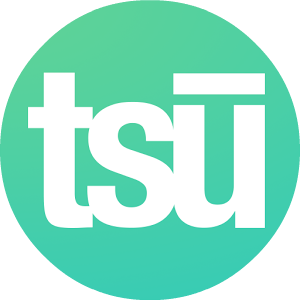When it comes to optimising your website in terms of onsite SEO it is a good idea to follow our SEO theory of CHAMP.
So, what is the theory of CHAMP? Well, we were trying to come up with an easy way for people to remember where to put their chosen keyphrases within a webpage to help the search engines to list their page for a particular search query. So we thought we would use an acronym as these are easy to remember: CHAMP.
CHAMP stands for Content, Headers, Alts, Meta’s and Path. Let's go through each of these terms and what they mean.
Content
Content refers to the actual main body of text within a webpage. This text should always contain your keyphrases, but not too many times as to overdo it as this may result in "keyword spamming" and can interrupt the flow of the content. A rule of thumb here is to write your content for the visitor with SEO in mind and not for SEO with the visitor in mind. Search engines have algorithms to check how naturally content has been written.
Headers
You should always separate your content with headers and this is a good place to strategically insert a keyphrase. Search Engines analyse the HTML code and look at the “H” tag which lies within the HTML code as this is used to display a header. You can also structure your “H” tag in order of importance by adding a number with H1 being the most important and H2, H3, H4 being of lesser importance. So always remember to include your keyphrase in your headers where possible.
ALTs
ALT is another HTML tag and stands for alternative text and is used to display text when an image is not present, or supply additional text when you hover over an image. This tag describes the image and is good for people with visual impairments as this text is read out loud when using a screen reader. This is also a part of the HTML code that search engines analyse. Inserting a keyphrase within the Alt text is also a great idea but as with the content you should avoid spamming as this can have a negative effect on your webpage in the eyes of the search engines. If you really want to be helpful to people with vision impairments you can use the long description attribute within your HTML to reference another document which contains a longer description on the image.
Metas
Metas is a term that refers to the Meta tags contained at the beginning of a HTML page. The metas include some of the most important places to inject your keyphrases into. The two most important Meta’s are the Title and the Description, as these are what is seen in the search engine results pages. Your title should contain a short title of your webpage and should contain the keyphrase you are optimising your webpage for. This information is also displayed at the top of a web browser. The description tag must describe your webpage in more detail and this is also an area where keyphrases should be inserted. In regards to the keywords Meta tag: this is for the most part a redundant Meta tag as in the past has been used by spammers to try to artificially make their pages relevant. However it is still a good idea to place your keyphrases in this tag as search engine may choose to place more relevance to this tag in the future.
A lot of people when writing Meta tags miss a trick, if you think about it for a moment, these listings are in essence adverts for your website and should be treated as such. Try and to use an engaging title that insights interest in your webpage hence making it more clickable. This can result in more clicks even if you are not at the top of the result pages. The same with your descriptions: include a call to action to give searchers an instruction to what to do next.
Path
The actual file name of your webpage (or path) is a good place to include your keyphrase, as the search engines will also pick up on this. Try to keep this as short as possible.
The debate on whether to use underscores or hyphens to separate words continues, however if you keep them all the same throughout your website then you should be fine.
Following the rules of CHAMP will have your web pages well on their way to receiving good results within the search engine results pages. Although there are many other factors that need to be implemented, including a good off-site SEO campaign, to achieve high results, but getting the basics right from the get go is essential
...and remember: keep your pages relevant.
 0131 560 1790
0131 560 1790
0131 560 1790
0131 560 1790

